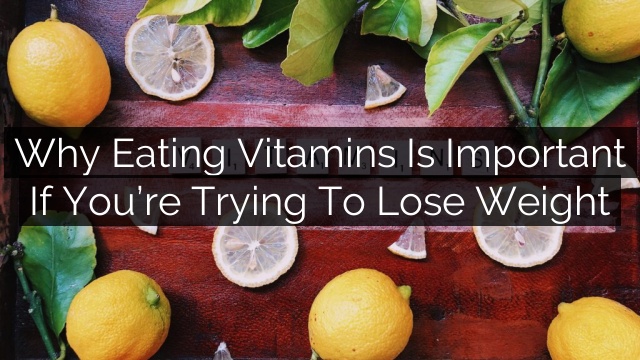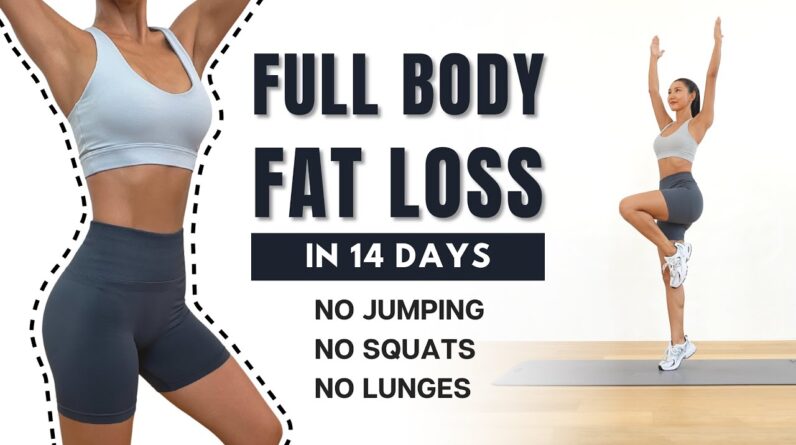
Many people who start out (or who are in) a weight loss journey tend to focus on the macronutrient intake – namely carbs, protein, and fat. While these are important and when in the optimal ratio, they make up only a part of the greater scheme of your entire diet.
Focusing purely on dieting and eating only very low amounts of carbs and very high amount of fats can mean that it’s very easy to miss the importance of micronutrients in dietary and also crucial for anyone trying to lose weight. Macronutrients are simply proteins that break down into amino acids, carbohydrates that break down into sugars, fats that break down into fatty acids and oils that break down into something called triglycerides. The body then uses these macronutrients for energy to either get our body moving for physical activity or to be able to perform the various reactions that keep us alive., but micronutrients are required for a whole host of other important jobs such as hormone regulation and muscle maintenance. Not having enough of any one of these kinds of nutrients can have a very significant impact on weight loss efforts.
Read on to find out why and what you can do about it.
Energy
When trying to lose weight, you might feel as if you don’t have enough free time to go to the gym and you don’t have the spare time to hit up the organic grocery store every morning. In other words, you don’t have the time to exercise and to shop for the right ingredients to cook healthy meals.
In reality, it’s usually nothing to do with time. It’s much more likely that it’s your energy that’s the problem, then. If you have low energy, you’ll find that the end of the day comes around and for some reason you just can’t be bothered to do any of your usual routines. This includes exercising and eating healthy, instead you tend to binge on chocolates and sweets!
Think about it: if your time is limited, then why not try getting up just five or ten minutes early instead of sleeping? Because your energy levels will be too low if you sleep longer.
Gaining more energy by eating vitamins is a strategy that can bring tremendous benefits to you personally. If you’re feeling lower in energy than usual, then eating more vitamin C and B complex vitamins is probably one of the very best solutions for you.
How many calories do you burn?
The other reason that micronutrients are so important is that they will also help your body to become more metabolically active – in other words, your body will burn more fat to supply you with the energy that you need.
Take the vitamin lutein for example. This is a nutrient that is often thought of as mainly useful for its ability to prevent degenerative eye disease. What is less well-known however, is that it is also capable of speeding up the rate at which you burn off fat. Lutein helps to improve your cell’s ‘energy factory’.
Other nutrients that can do the same thing include Q10, B vitamins, resveratrol, and other compounds.
What you may not realize is that the supplements you are consuming are vitamins and minerals.
The best way I can recommend to get more of this in your diet is to focus on foods that are natural foods of course.








